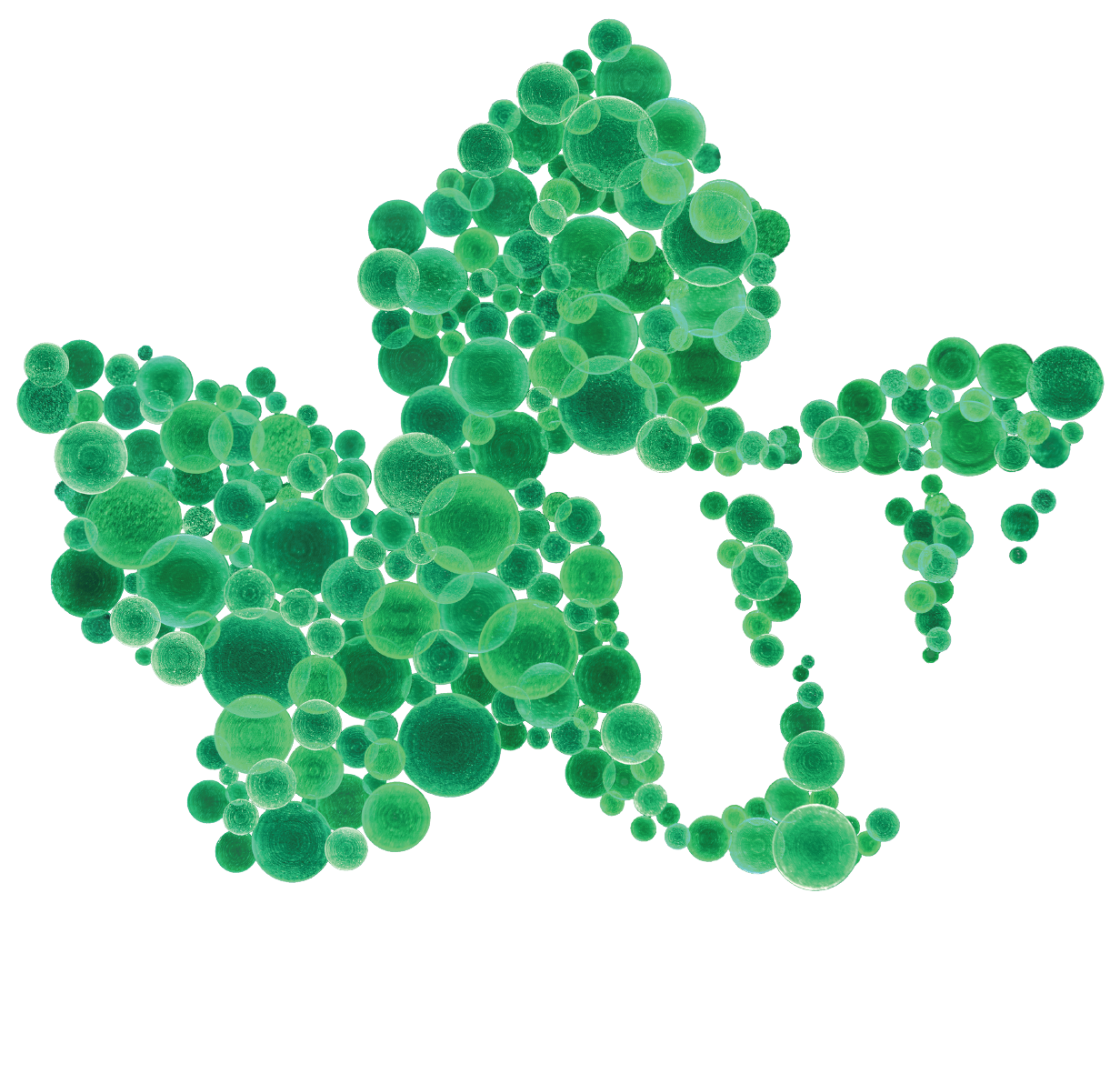55 university students representing 11 nationalities and 27 academic institutions around the world are developing enterprising solutions for wicked problems!
Grand Rapids, Mich. February 2, 2021 – Wege Prize—an international design competition that encourages teams of university students to re-design the way we produce and consume—has announced the 11 teams that have advanced to the third, semifinal phase of the 2021 competition.
These 11 teams are composed of 55 students who are promising future innovators committed to providing solutions for the world’s most pressing problems, and they are addressing a wide variety of challenges in their immediate surroundings or communities.
Among them are a team from Chile that is addressing overcrowding challenges in the nation’s cities by developing sound isolators out of discarded palm leaves that can improve privacy and quality of life; a team from Egypt addressing government regulations on single-use plastics by transforming sugarcane harvest waste into valuable bioplastic; and a team of students from Uganda tackling global food waste problems with a localized solution to process Matooke Banana into organic manure. Explore the rest of the teams and what they’re working on here.
In its initial phase—Wege Prize 2021 drew a field of 35 teams of five students, each required to represent different academic institutions and disciplines. After the Phase 1 elimination round the field was narrowed down to 25 teams. Now, the Phase II judging process has finished, and those teams whose ideas inspire the greatest hope for successful real-world implementation have been named as semifinalists.
Over the course of the next five weeks, the semifinalist teams will refine their ideas and solutions to the wicked-problem they’ve chosen. Each team’s proposed solution must support the transition from a linear economic model in which we take, make, and dispose to a circular economic model—one that eliminates pollution and waste out of the equation, keeps materials and products in use, and regenerates natural systems.
The teams are guided each step of the way by a diverse and accomplished group of judges, professionals whose collective expertise spans the circular economy, sustainable business, green chemistry, industrial design, UX/UI design, digital fabrication, biomimicry, public policy, and education.
While the remaining teams now competing for a place in the final phase of the competition, those teams that have not advanced will carry the constructive feedback they’ve received from the judges into their future problem-solving efforts, and more broadly, their personal and professional lives. In addition to this intellectual and professional growth, finalist teams will have the opportunity to win a share of over $30,000 USD in total cash prizes to help move their ideas forward.
Wege Prize has yielded high-value, community-based solutions among participants, due to the multi-phase nature of the program that encourages problem-solving and critical-thinking skills. Follow Wege Prize 2021 and the teams’ progress on KCAD’s Wege Center for Sustainable Design page on LinkedIn, Facebook (@wegeprize), Twitter (@wegeprize), and at wegeprize.org.
About Wege Prize:
Wege Prize, organized by Kendall College of Art and Design of Ferris State University’s (KCAD’s) Wege Center for Sustainable Design with the support of The Wege Foundation, is an annual competition that ignites game-changing solutions for the future by inspiring college/university students around the world to collaborate across institutional, disciplinary, and cultural boundaries to redesign the way economies work. To learn more, go to wegeprize.org.
About The Wege Foundation:
Planting seeds that develop leaders in economicology, health, education, and arts, and enhance the lives of people in West Michigan and around the world. For more information, please visit www.wegefoundation.com.
About KCAD:
As a college within Ferris State University, Kendall College of Art and Design prepares students for leadership in the visual arts, design, art history, and art education; provides innovative, collaborative education that fosters intellectual growth and individual creativity; and promotes the ethical and civic responsibilities of artists and designers, locally and globally. For more information, please visit kcad.edu.

